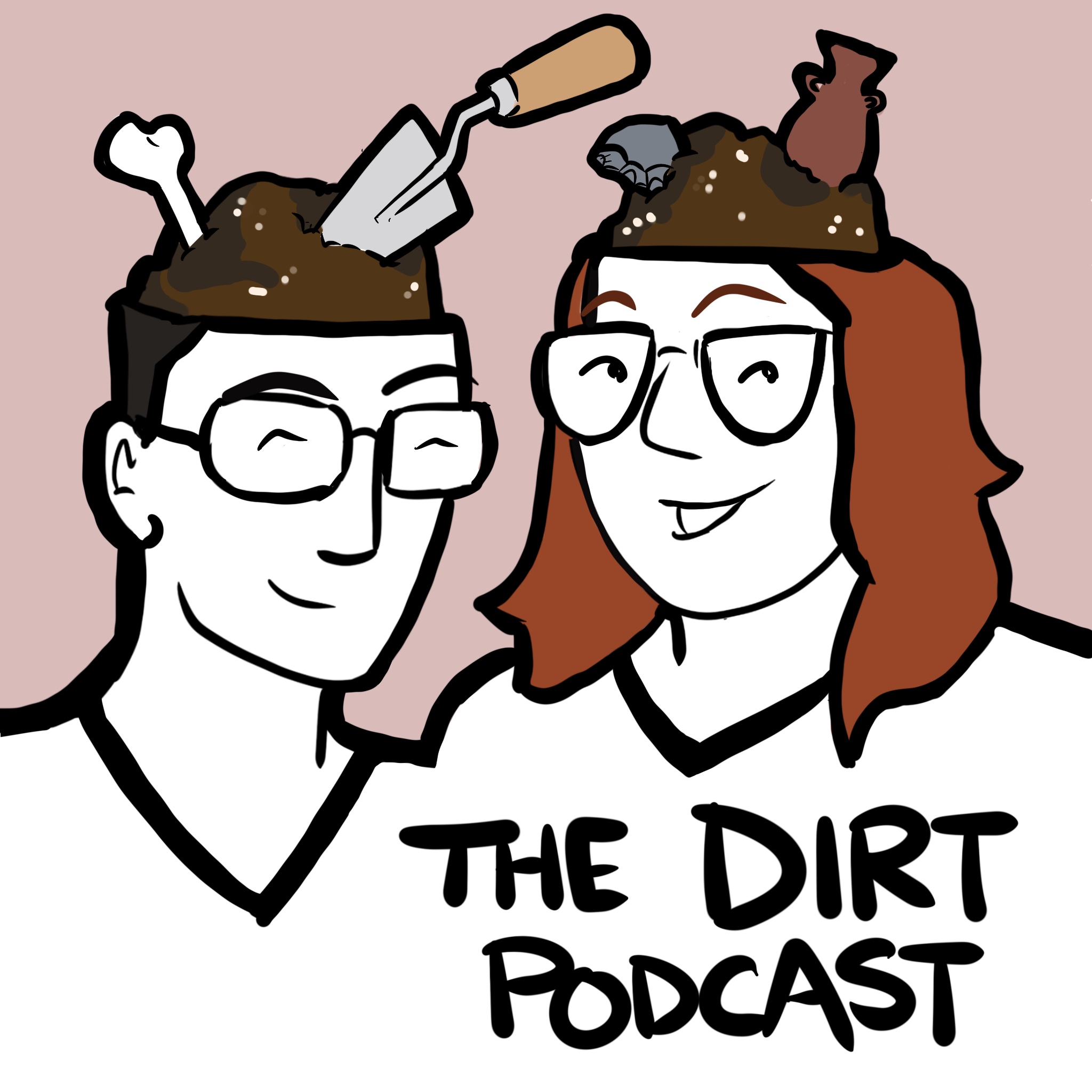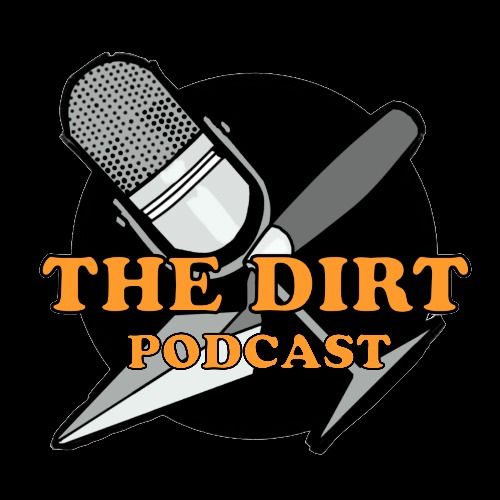Episode 186
Maroon Communities - Ep 186
On a listener-sponsored episode, Anna and Amber tackle the archaeology and historical context of maroon communities. These are societies formed by self-liberated Africans during the period when the slave trade was a huge part of the world economy. We discuss some archaeological case studies, and then really think long and hard about what it means to reconstruct these lives, and who has historically done so.
Connect with James on Twitter: @paleoimaging
Links
- Maroon Communities in the Americas (Slavery and Remembrance)
- Great Dismal Swamp National Wildlife Refuge (US Fish and Wildlife Service)
- Landscape of Power: Freedom and Slavery in the Great Dismal Swamp Region (via Vimeo)
- Deep in the Swamps, Archaeologists Are Finding How Fugitive Slaves Kept Their Freedom (Smithsonian)
- Archaeology of Marronage in the Caribbean Antilles (Revista do Museu de Arqueologia e Etnologia, link to PDF download)
- Maroons under Assault In Suriname And French Guiana (Cultural Survival)
- Marronage Perspective for Historical Archaeology in the United States (Historical Archaeology)
- Desolate Place for a Defiant People : the Archaeology of Maroons, Indigenous Americans, and Enslaved Laborers in the Great Dismal Swamp] (via WorldCat)
- Music of the Maroons (Smithsonian Folkways, via Youtube)
- Meet the legendary community that fought for its freedom in Jamaica (National Geographic)
- Maroons: Rebel Slaves in the Americas (Smithsonian Folklife)
- Maroon Archaeology beyond the Americas: A View from Kenya (Historical Archaeology)
- And follow Prof. Ignacio Gallup-Diaz on Twitter!
Contact
- Email the Dirt Podcast: thedirtpodcast@gmail.com
ArchPodNet
- APN Website: https://www.archpodnet.com
- APN on Facebook: https://www.facebook.com/archpodnet
- APN on Twitter: https://www.twitter.com/archpodnet
- APN on Instagram: https://www.instagram.com/archpodnet
- Tee Public Store

